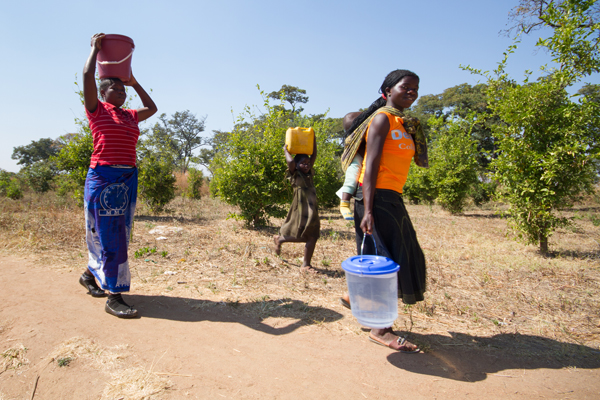Poverty eradication is the central focus of the United Nations' Sustainable Development Goals (SDGs), specifically highlighted by SDG 1, "No Poverty." The aim is to end poverty in all its forms everywhere by 2030, underlining the necessity of ensuring social protection for the poor and vulnerable, enhancing access to basic services, and supporting people harmed by climate-related extreme events and other economic, social, and environmental shocks and disasters.
However, poverty eradication is intrinsically linked to all the other SDGs due to its pervasive influence. It hinders the achievement of quality education (SDG 4) as children from low-income households often lack access to quality education. In terms of "Good Health and Well-being" (SDG 3), poverty can result in inadequate access to healthcare services, nutritious food, and sanitation facilities, leading to poor health outcomes.
Moreover, "Decent Work and Economic Growth" (SDG 8) is crucial for lifting individuals out of poverty. Creating sustainable work opportunities and ensuring fair wages can lead to improved living conditions and break the cycle of poverty. "Zero Hunger" (SDG 2) is another goal where eradicating poverty plays a significant role since poverty is a primary driver of food insecurity.
From a broader perspective, the concept of sustainable cities and communities (SDG 11) involves creating environments where all citizens, regardless of their income level, can access basic urban services. This includes affordable, secure housing, transportation, and green public spaces.
In terms of climate action (SDG 13), the poor are often the most vulnerable to climate change impacts, despite contributing the least to greenhouse gas emissions. Efforts to mitigate climate change must include strategies to lift people out of poverty.
Principles of Gender-Specific Medicine (Third Edition), Academic Press, 2017, Pages 435-441.


